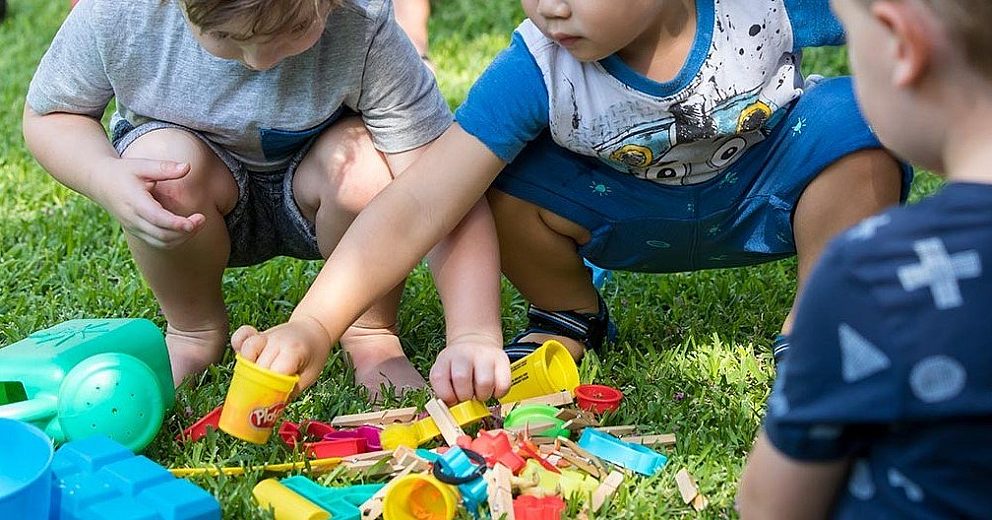
Workshop builds momentum for collaborative child development initiative
Dec 02, 2025
Sept 05, 2023

"Improving medication safety at transitions of care is one of three flagship areas in Australia’s response to Medication Without Harm.”
Medication-related problems describe adverse reactions or issues with medication adherence or education that can interfere with a patient's outcomes. The risk and incidence of medication-related problems can often increase during transitions of care. Complexity of or changes to a medication regime, particularly when a discharged patient is returning home, can be challenging for patients to understand and manage.
Medication-related problems result in a significant number of hospital admissions and emergency department visits each year and so medication safety has become both a national and PHN health priority.
ASPIRE to improve medication safety
The ASPIRE (A Systems approach to enhancing community-based medication review) Trial seeks to reduce incidence of these medication-related problems by improving the uptake and effectiveness of community-based home medication or medicines reviews (HMRs).
HMRs employ a person-centred approach to increase patient involvement in making informed decisions about their medicines – they are funded by the Australian Government but are underutilised post-hospital discharge.
The trial will focus on the high-risk transition period from hospital to home, with Brisbane North PHN and the Royal Brisbane and Women’s Hospital (RBWH) working in partnership to improve communication and coordination between hospital and primary care settings for patients discharging from RBWH. It is posited that unplanned readmissions can be reduced by providing a GP-initiated HMR to those patients who are at higher risk of medication-related problems – typically older people, or those taking multiple medications (polypharmacy).
Discharging patients identified by the RBWH as likely to benefit from a timely HMR are enrolled into the program. The patient’s GP can initiate a referral to an accredited (credentialed) pharmacist or their community pharmacy, who will then perform an HMR in the patient's home in collaboration with their GP. A dedicated Medication Safety Pharmacist at the PHN, funded through the trial, will support the process, GPs, pharmacists and patients.
This is an ideal opportunity to discuss the patient’s personal goals, concerns and preferences and see how they manage their medication at home. An HMR supports quality use of medication, and this in turn supports quality of life.
About the trial intervention in our region
Brisbane North PHN and RBWH, jointly, are one of four participating ASPIRE sites. Our iteration of the ASPIRE Trial will be the first site to transition to the active intervention phase, commencing October. The trial is scheduled to run until June 2025, pending further extensions.
Facilitating the ASPIRE Trial at Brisbane North PHN is Medication Safety Pharmacist Angela Smith whose role includes establishing communication channels between the PHN, RBWH, GPs and accredited pharmacists, supporting GPs in the coordination of a medication review service for their patient and gathering data for analysis by lead research agency the University of Sydney.
The ASPIRE trial is funded by the Medical Research Future Fund (MRFF) under the Australian Government’s MRFF 2020 Quality, Safety and Effectiveness of Medicine Use and Medicine Intervention by Pharmacists grant.
If you have questions about the ASPIRE Trial, please contact Angela via email at angela.smith@brisbanenorthphn.org.au.
Find out more about WHO's Medication Without Harm.

We acknowledge the Traditional Custodians within our region: the Jagera, Turrbal, Gubbi Gubbi, Waka Waka and the Ningy Ningy peoples of where we meet, work and learn. Brisbane North PHN is committed to reconciliation. Our vision for reconciliation is where the stories of our First Nations’ people are heard and shared, and networks are formed.